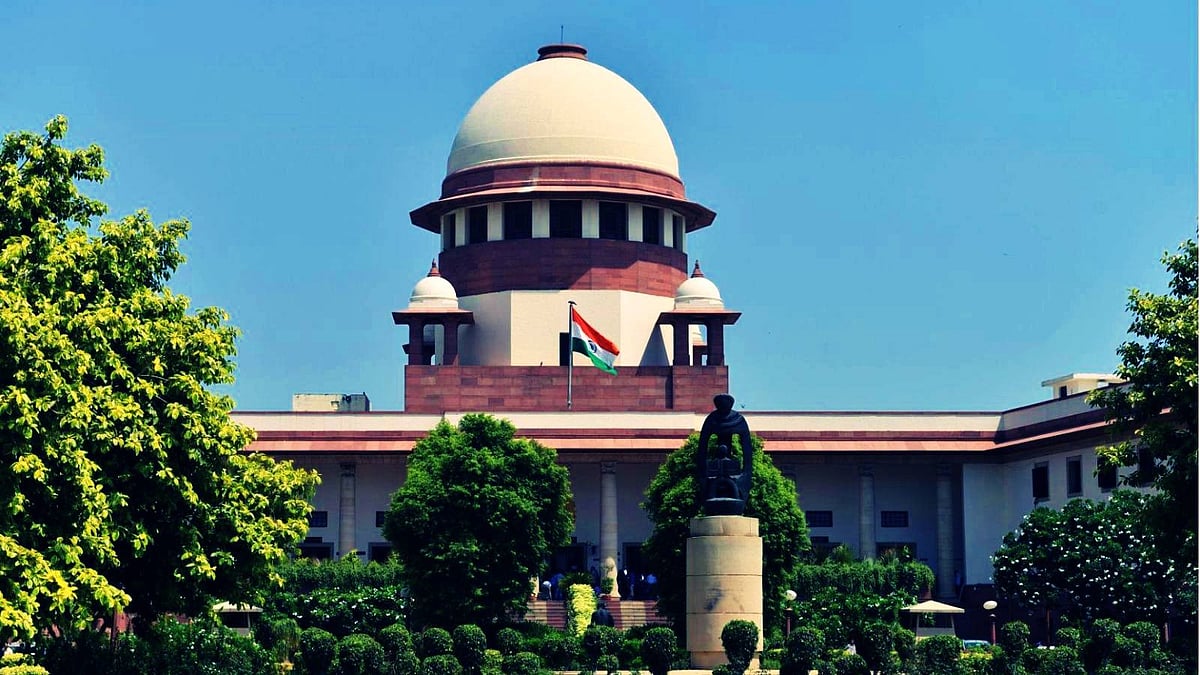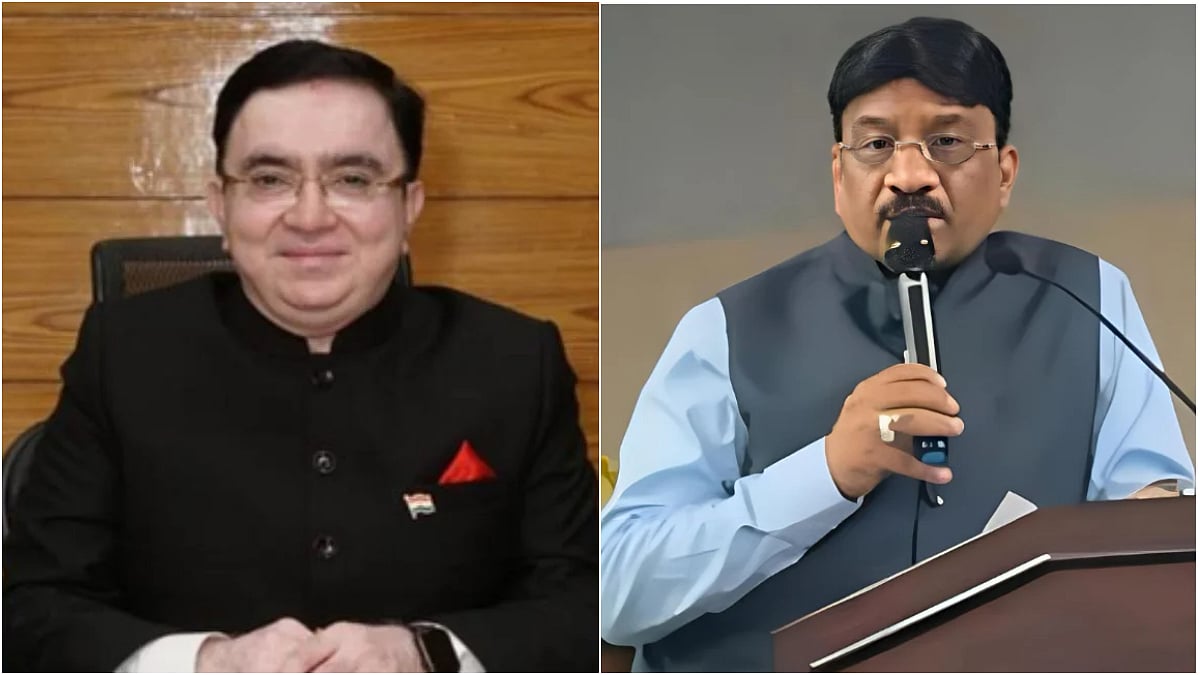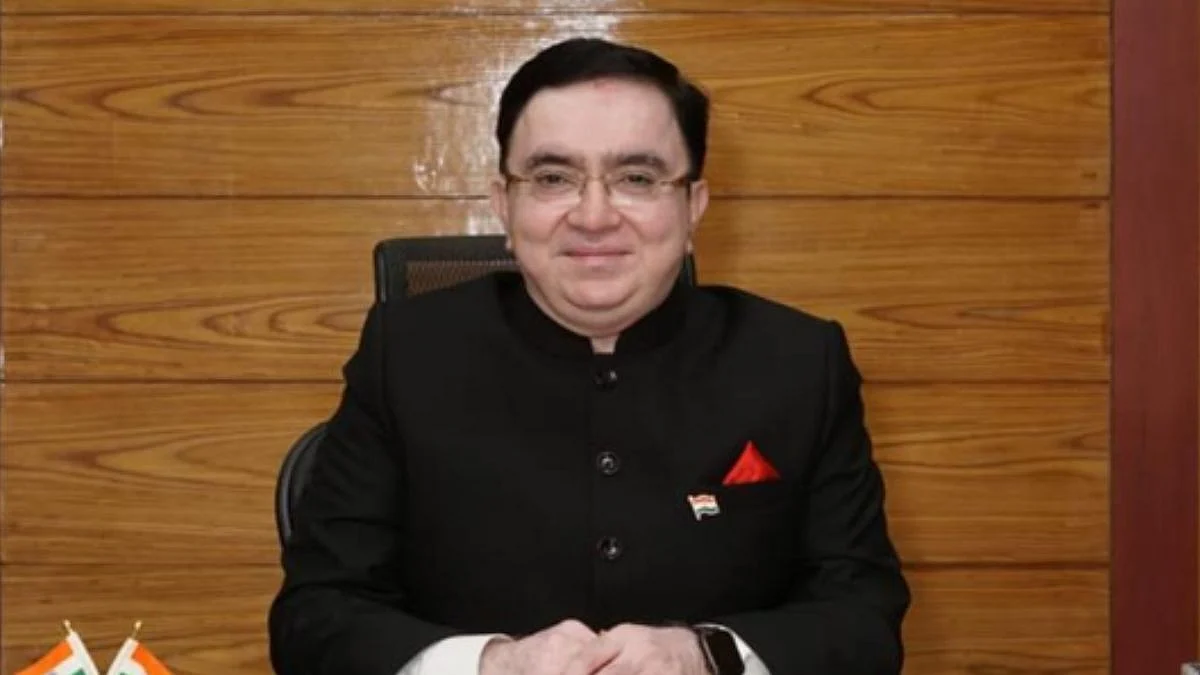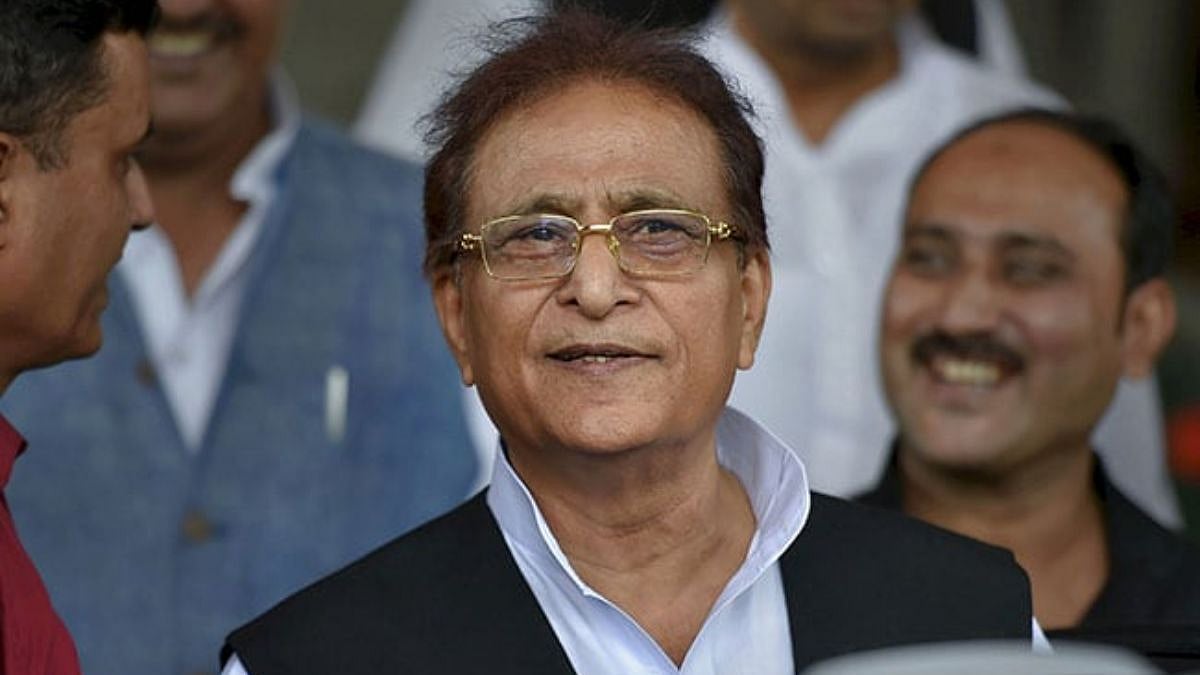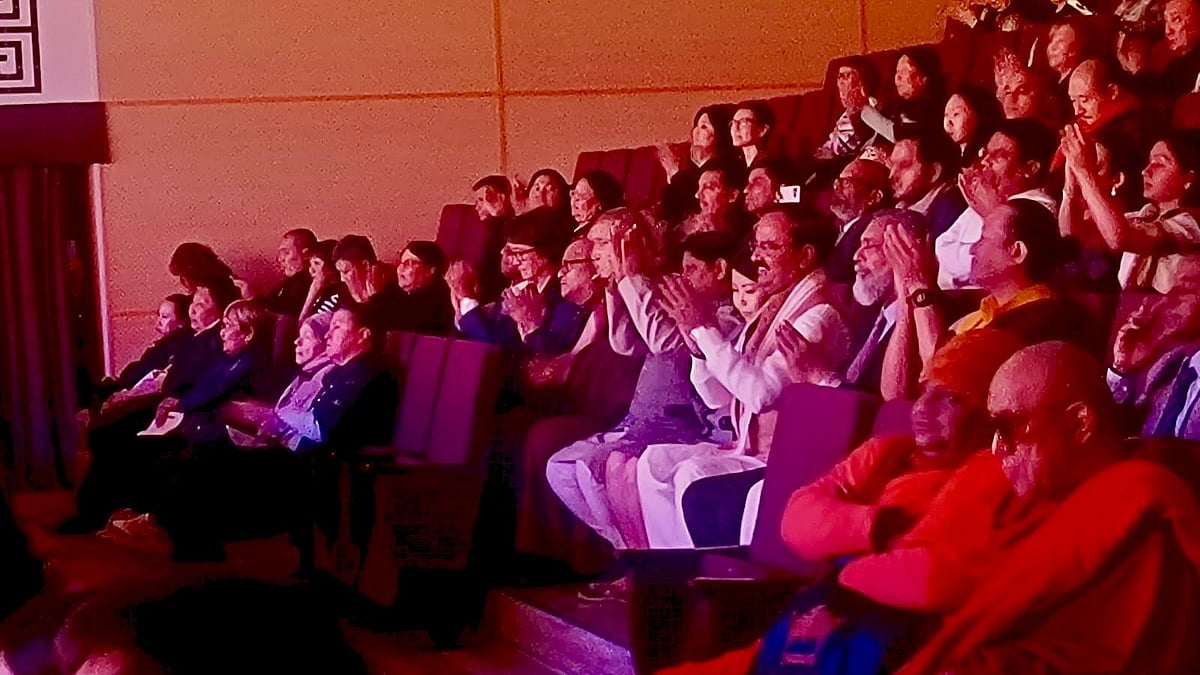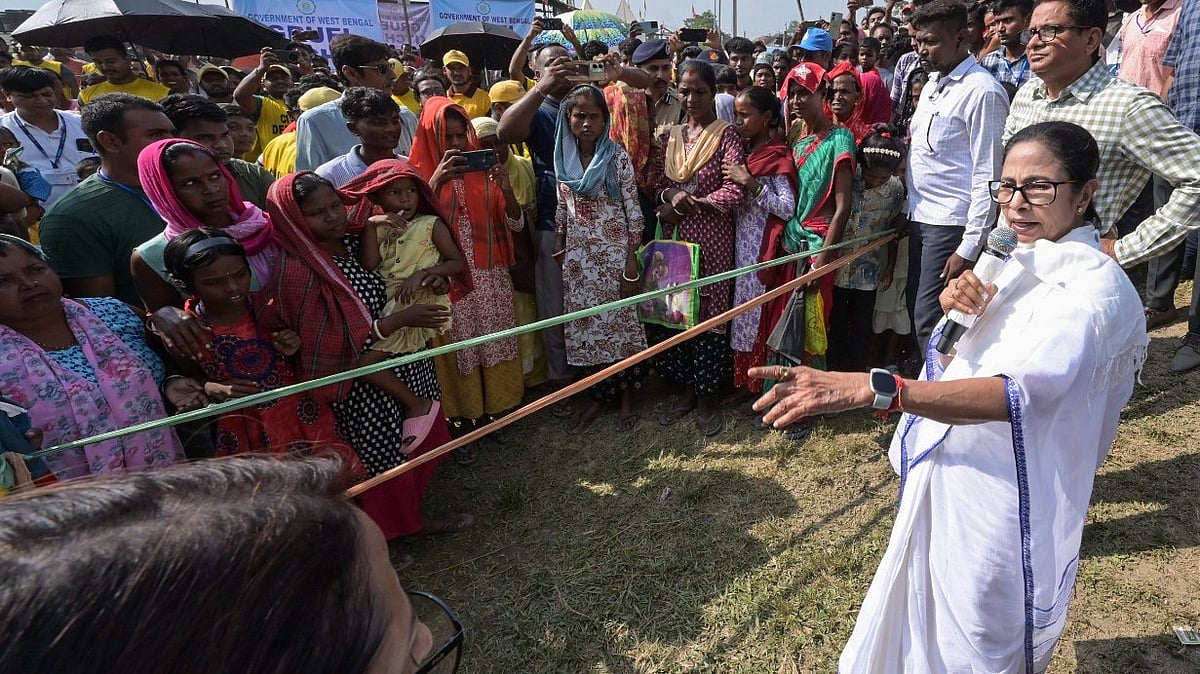New Delhi: The Supreme Court on Monday (October 13) came down heavily on 28 States and Union Territories for failing to comply with its earlier directions on formulating nationwide standards for Intensive Care Units (ICUs) and Critical Care Units (CCUs).
Terming the attitude of the States as “casual,” the Court issued contempt notices and summoned the concerned Additional Chief Secretaries or the senior-most health officials to personally appear before it on November 20, 2025.
A bench of Justices Ahsanuddin Amanullah and N. Kotiswar Singh directed the officers to bring along their personally affirmed show-cause affidavits explaining why action should not be taken against them for disobeying the Court’s orders. The bench made it clear that no excuse, such as prior engagements or official meetings, would be accepted as grounds for absence, reported Live Law.
‘Casualness Will Not Be Tolerated': SC
“We are more pained than shocked by the casualness shown by various States, that despite over indulgence shown by the Court with regard to the exercise, the orders of this Court have been taken very lightly by the officers concerned,” the bench observed.

The Court directed all States and UTs to file their pending reports by November 20, warning that any “noncompliance or perfunctory report” would invite strict action against the concerned officers and the respective administrations.
“We also make it clear that if, by the said date, there is noncompliance or if compliance is casual or by way of a perfunctory report, this Court would take a very strict view,” the bench cautioned.
Majority of States Missed Deadlines Despite Extensions
The rebuke follows months of delay despite repeated instructions from the Court. On August 19, 2025, the Supreme Court directed all State Governments and Union Territories to undertake a comprehensive exercise to draft minimum standardised procedures for critical care. The exercise was to be conducted through regional conferences involving both public and private healthcare experts.
As per the directions, each State and UT was to submit its report to a central committee by October 5, 2025, after completing the groundwork by September 30. The Court had noted that while the central government had complied with the directives, no State had submitted its report by the initial deadline. On September 18, the Court extended the timeline with a stern warning of “consequences” for continued delay.
Expert Committee Set Up To Guide the Process
To ensure thorough and uniform standards, the Court had also formed a three-member expert committee. It included Dr Nitish Naik, a senior cardiology professor from AIIMS Delhi, Additional Solicitor General Aishwarya Bhati, and Amicus Curiae Karan Bharihoke. The committee was tasked with reviewing submissions from the States and preparing consolidated recommendations.
However, during the October 13 hearing, the bench was informed that 28 States and UTs had either failed to submit their reports altogether or had done so well past the deadline. Expressing deep displeasure, the Court noted that such disregard undermined the effort to establish consistent and life-saving healthcare standards across the country.
The States and Union Territories that failed to comply include: Arunachal Pradesh, Assam, Chhattisgarh, Goa, Gujarat, Himachal Pradesh, Jharkhand, Karnataka, Kerala, Madhya Pradesh, Maharashtra, Manipur, Mizoram, Odisha, Punjab, Rajasthan, Sikkim, Telangana, Tripura, West Bengal, Chandigarh, Delhi (NCT), Jammu and Kashmir, Puducherry, Lakshadweep, Ladakh, Andaman and Nicobar Islands, and Dadra & Nagar Haveli and Daman & Diu.
With the Court’s patience running thin, the upcoming November 20 hearing is set to be a crucial one. The top court’s firm stance signals that administrative complacency in matters of public health will not be tolerated any longer.
A Wake-Up Call For State Bureaucracies
The Supreme Court’s decision sends a strong message about accountability and urgency in healthcare reform. The exercise to standardise ICUs and CCUs is not merely procedural; it directly concerns the quality and safety of critical care across India. The continued apathy of States reflects a worrying lack of priority for public health preparedness, especially in the wake of the pandemic’s lessons.
If the States fail to act before November 20, the Court’s warning of “strict action” could well translate into unprecedented judicial measures, a step that might finally force overdue reforms in India’s fragmented critical care infrastructure.
